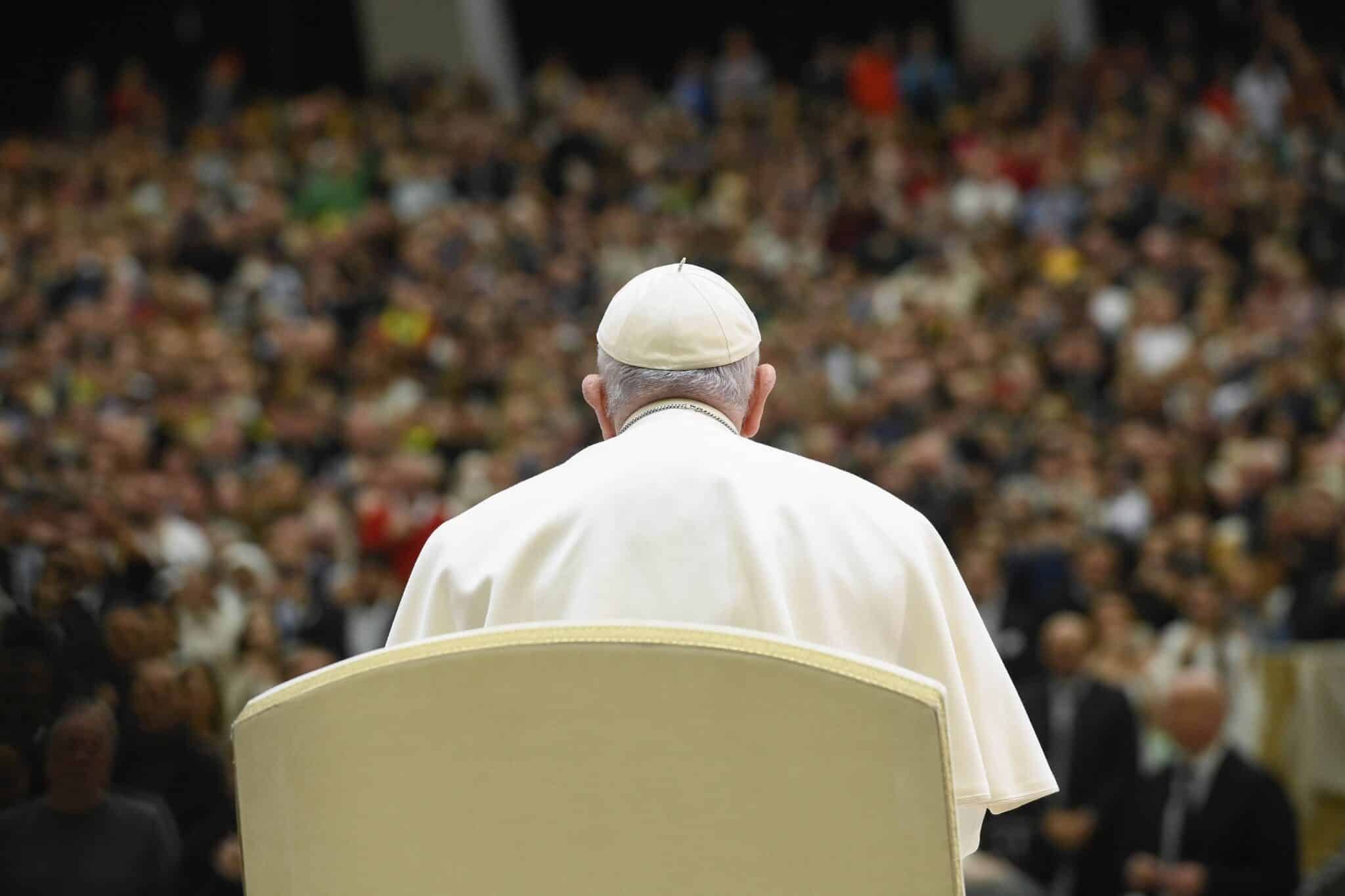A Word from Pope Francis
We are all masters, we are all experts, when it comes to justifying ourselves. We all have an alibi to justify our shortcomings, our sins. We so often respond with an ‘I don’t know!’ face, or with an ‘I didn’t do it, it must have been someone else!’ face. We are always ready to play innocent. Before and after confession, in your life, in your prayer, are you able to blame yourself? Or is it easier to blame others?
When one learns to blame himself he is merciful with others. And he is able to say: “Who am I to judge him, if I am capable of doing worse things?” This is an important phrase: “Who am I to judge another?” This is understood in the light of Jesus’s words: “Be merciful, just as your Father is merciful,” and with his call not to judge. How we like to judge others, to speak ill of them! Yet the Lord is clear: “Stop judging and you will not be judged. Stop condemning and you will not be condemned. Forgive and you will be forgiven.” It is certainly not an easy road, which begins with blaming oneself, it begins from that shame before God and from asking forgiveness from Him: ask forgiveness. Precisely from that first step we arrive at what the Lord asks us: to be merciful, to judge no one, to condemn no one, to be generous with others.
Taking the Word to Heart
One of the phrases most likely to be associated with Pope Francis is the one he uses here: “Who am I to judge?” He used it in a conversation with journalists early in his papacy, when someone asked him about gay priests. And he used it again in the summer of 2016 in response to the tragic mass shooting at a gay nightclub in Orlando. Some people have tried to explain it away, saying that he was caught off guard, didn’t mean what he said, or perhaps it was a problem of translation. But here we see that it’s a phrase that he has thought about deeply and taken to heart. This isn’t a question of moral relativism. Rather, it’s an openness to the mercy of God not only for oneself but for everyone. If God doesn’t judge us for our many failings, who are we to judge others harshly?
Blaming others, especially for something we’ve done, is an attitude that we ought to outgrow sometime in our toddler years. But like many of the other remnants of original sin (remember Adam and Eve in the garden of Eden), we cling to this finger-pointing, especially when we feel challenged, threatened, or perhaps just embarrassed at being caught in a compromising situation. Pope Francis has been an extraordinary role model in the art of being perfectly human and perfectly Christian. He makes it look and sound so easy, perhaps because he comes to us with the wisdom of decades learning to do this himself.
Bringing the Word to Life
Jesus reserved his harshest words in the Gospels for those who thought they were religiously and spiritually superior to others. As soon as we think we’re better than someone else, we set ourselves up for a fall. When are you likely to do this? What might be a better response?


